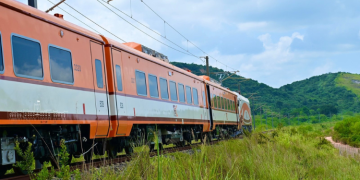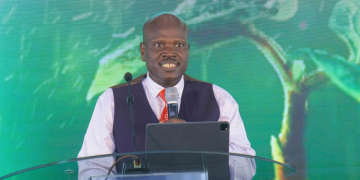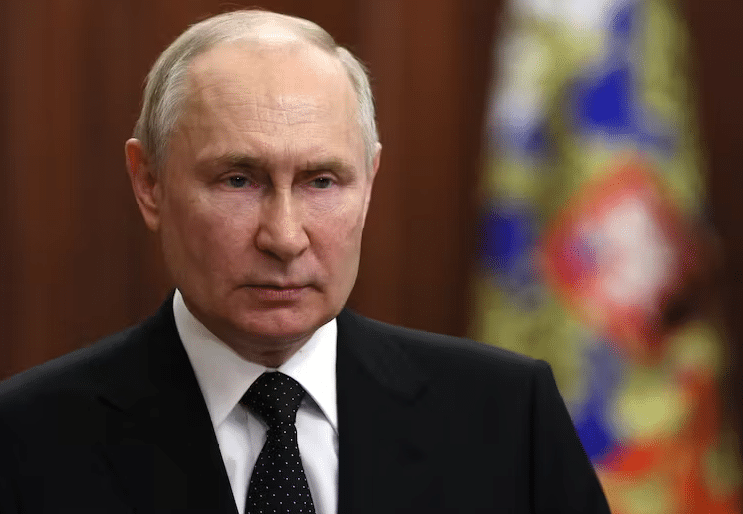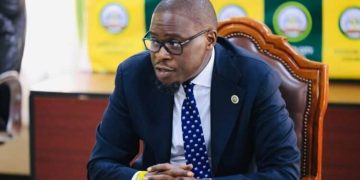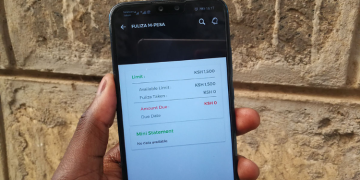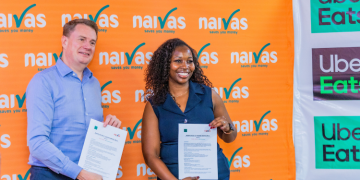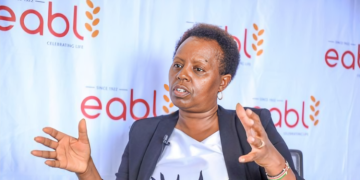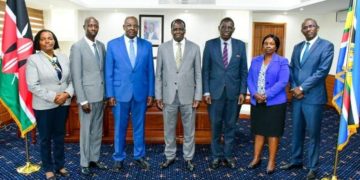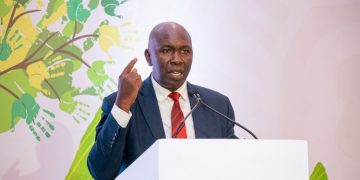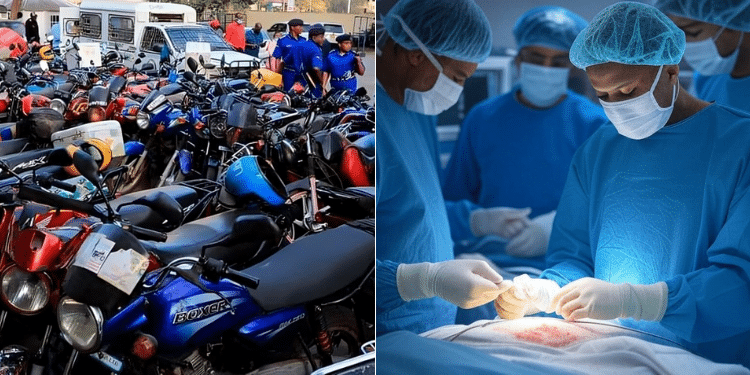The revelations of organ trafficking in Kenya present a very visible youth desperation which has been systemically exploited in both illicit economies and political rhetorics.
Statistically, the boda boda economy in Kenya employs an estimated 1.5 million people and contributes about Ksh 202 billion ($1.8 billion) to the economy annually, according to a report by the World Bank.
But the numbers are more than just the statistics and have from time to time been used as a factor in exploiting the youth!
For instance, President William Ruto’s United Democratic Alliance (UDA) rode to power on a hustler narrative, a political message that targeted low-class citizens and promised to embrace youth in informal sectors like boda boda and vendors like Mama Mboga.
During the 2022 campaign, UDA termed boda-boda sector a symbol of economic freedom among youths while promising access to credit and formalization of the sector. The now in Government UDA regime framed microloans and Hustler Fund pledges to be empowerment tools.
Why rise of youth in boda boda denotes desperation
The situation, however, has not lived up to the pledges hence now the push factor of desperate youths having to fund themselves into the boda-boda economy.
The desperation is also manifested in the trend of some youth turning to organ trafficking, as revealed in a DW exposé detailing how some youth have resorted to selling kidney to buy motorcycles. It is a chronic sequence of a problem linkage!
In the context of Open-source Intelligence, a deeper genesis of an existing organ trafficking racket traces back to political rhetoric that glorified the informal hustles without creating solid, structured opportunities to evade the consequences. DW says the racket involves top government officials.
With almost 9/10 of the lured youths directing the funds into a boda-boda purchase, it only points to one direction, desperate youth turning to an underground organ trade as a quick financial solution.
Also Read: Mediheal Hospital Responds to Claims of Organ Trafficking
Brokers then exploit this desperation with impunity before the eyes of the government.
For instance, implicated Mediheal hospital owner Dr Swarrup Mishra never granted DW an interview to address the matter. The state has already placed him to serve as Chairman of the Board of Directors of the Biovax Institute, a significant Health sector position.
Kenya Biovax Institute’s mandate is to manufacture, package and commercialize specialized health products and technologies including vaccines, therapeutics and other biomedical products. The Health Ministry, similarly, never granted DW the interview.
The situation with Kenya reflects indirect political complicity where rhetorical empowerment masks systemic exploitation. If you interrogate the UDA’s “hustler” narrative, while motivational on the surface, it normalizes economic desperation as a badge of honor.
Also Read: Duale Shuts Down Mediheal Kidney Transplant Services
With a subject like promoting boda boda ventures without creating sustainable alternatives, the now ruling government has pushed youth into a trap of survivalism. If you listen to the stories of lured youths into selling their organs, there is a common denominator!
Based on President Ruto’s recent political tours fronted as development tours in Nairobi and Mt Kenya, you get to see how boda bodas are weaponized and used for mobilization hinting at how informal sectors are tied to political power structures fueled by rhetorics.
The organ trafficking racket has largely targeted young people as told by the DW documentary. Investigators were very aware of cases reported but you wonder why such an organized crime that involved transnational crimes evades the attention of the Country’s Intelligence set up.
Follow our WhatsApp Channel and X Account for real-time news updates.



